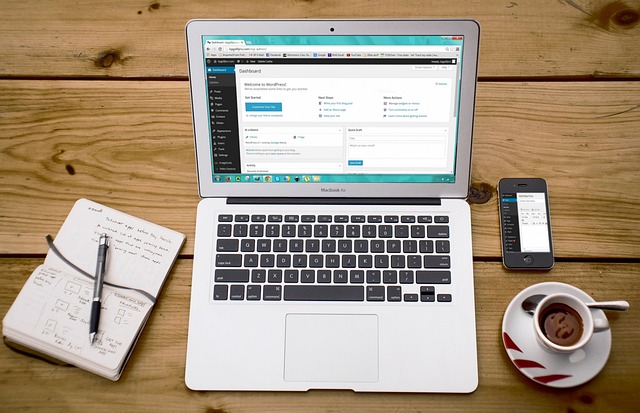If you’re reading this article, chances are that you’ve experienced the frustration of a slow computer. It’s a common problem that can happen to anyone, regardless of how new or old their computer is. In this article, we’ll explore four reasons why your computer may be operating slowly and offer some tips on how to fix the problem.
Malware and Viruses
One of the most common reasons for a slow computer is malware or viruses. Malware is malicious software that can infect your computer without your knowledge and cause various problems, including slow performance. Viruses, on the other hand, are programs that can replicate themselves and cause damage to your system.

To protect your computer from malware and viruses, it’s essential to have up-to-date anti-virus software installed. You should also avoid clicking on suspicious links or downloading files from untrustworthy sources.
If you suspect that your computer is infected with malware or viruses, you should run a full system scan using your anti-virus software. If any threats are detected, make sure to quarantine or delete them immediately.
Insufficient RAM
RAM (Random Access Memory) is a type of computer memory that stores data temporarily. If your computer doesn’t have enough RAM, it can cause slow performance, especially when you’re running multiple programs or using large applications like video editing software.
To check how much RAM your computer has, go to the System Properties window. If you have less than 4GB of RAM, you may want to consider upgrading to a higher amount. You can purchase and install additional RAM yourself or take your computer to a professional to do it for you.
Outdated Hardware or Software
As technology advances, newer hardware and software become available that can enhance your computer’s performance. If your computer is running on outdated hardware or software, it may struggle to keep up with the demands of modern programs and applications.
To ensure that your computer is running on the latest hardware and software, you should regularly check for updates and install them as soon as they become available. This includes updates for your operating system, drivers, and other applications.
If your computer is running on outdated hardware, you may want to consider upgrading to a newer model. This can significantly improve your computer’s performance and speed.
Disk Fragmentation
Disk fragmentation is a common issue that can cause slow performance on your computer. It happens when your hard drive stores files in a non-contiguous manner, making it harder for your computer to access them quickly. This can cause slow boot times, slow program launches, and slow file access.

To fix disk fragmentation, you can run the Disk Defragmenter tool that comes with your operating system. This tool will rearrange the files on your hard drive, making it easier for your computer to access them quickly.
Final Thoughts
A slow computer can be frustrating and can impact your productivity. By understanding the reasons why your computer is operating slowly and taking the necessary steps to fix the problem, you can ensure that your computer is running at optimal speed and performance.
Remember to always keep your anti-virus software up-to-date, upgrade your RAM if necessary, regularly check for updates for your hardware and software, and run the Disk Defragmenter tool to fix disk fragmentation. With these tips in mind, you can enjoy a faster, more efficient computer experience.







